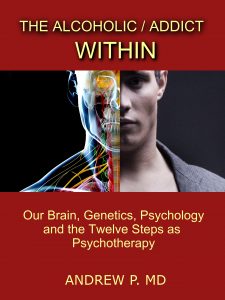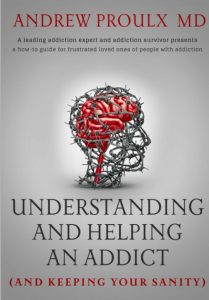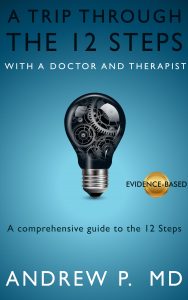New Research Published in the British Medical Journal (BMJ) in June 2017*
Currently, the American Heart Association (AHA) gives the following advice on alcohol use:If you drink alcohol, do so in moderation. This means an average of one to two drinks per day for men and one drink per day for women. (A drink is one 12 oz. beer, 4 oz. of wine, 1.5 oz. of 80-proof spirits, or 1 oz. of 100-proof spirits.)Source: AHA website
Drinking more alcohol increases such dangers as alcoholism, high blood pressure, obesity, stroke, breast cancer, suicide and accidents.
Also, it's not possible to predict in which people alcoholism will become a problem. Given these and other risks, the American Heart Association cautions people NOT to start drinking ... if they do not already drink alcohol. Consult your doctor on the benefits and risks of consuming alcohol in moderation.
An excellent 30 year research study was recently published in the professional medical journal BMJ. The data produced challenges the current AHA alcohol consumption guidelines.
This research study followed 550 men and women in England over a 30 year period. All were using alcohol in various amounts, none were considered alcohol-dependent. They were checked every 5 years for 30 years and were tested with MRI brain scans and tests of their cognitive functions (cognitive functions are our higher brain functions, such as memory, reasoning, planning, speech, and learning).
"In this study, it was found that moderate drinking, within US safe limits, was associated with multiple adverse structural brain outcomes and faster cognitive decline, rather than being protective,' lead author, Anya Topiwala, MD, Department of Psychiatry, University of Oxford, Warneford Hospital, United Kingdom, told Medscape Medical News. No protective effect was seen with light alcohol intake." **
The recommended guidelines for safe levels of alcohol consumption in the UK were lowered in 2016, which this research suggests was wise. However, the current U.S. guidelines (see above) are almost double the amount shown to be harmful to the brain. In this study, nearly half the men and a quarter of the women were drinking in the unsafe range, and their alcohol intake were surprisingly consistent over the entire 30 year period. These were average middle-aged people selected randomly from the general population. Perhaps it's time for the AHA to reconsider their guidelines for safe alcohol intake.
However, are there health benefits to drinking alcohol? This research was focussed on the brain, but what about other aspects of health? Well, there is evidence that alcohol consumption may protect us from heart attack and stroke. However, the evidence is uncertain, and doesn't seem to apply to everybody. But, when you look closer at the research involved, it seems to be based on small positive effects of alcohol on cholesterol levels, the effects of antioxidants present in alcohol, and lowering blood sugar.
There are many ways to improve our cholesterol and blood sugar and to find dietary antioxidants other than drinking alcohol. In fact, the AHA does not recommend drinking wine or any other form of alcohol for any perceived health benefits. There are too many risks involved, including alcoholism. Instead, the AHA recommends that to reduce risk of heart attack or stroke we should talk to our doctor about controlling our cholesterol and blood pressure and weight, getting enough physical activity, and following a healthy diet.
Certainly, no one should begin drinking or drink more frequently on the basis of potential health benefits. The danger with highlighting any health benefits of alcohol lies in giving people an excuse to rationalize their drinking. However, the research just discussed that even the recommended safe alcohol intake can be harmful.
As with anything in life, alcohol use should be a choice made as part of an informed decision. The more facts we know about any choice, the better our decision will be.

To learn more about the science and psychology of addiction and recovery, and to understand why alcoholics and addicts behave the way they do, see the author's book The Alcoholic / Addict Within.
Available for sample or purchase in paperback and ebook editions at amazon.com (Click Here).
References:
*Moderate alcohol consumption as risk factor for adverse brain outcomes and cognitive decline: longitudinal cohort study.





3 comments
kardinal stickMarch 13, 2022 at 1:09 pm
56483 16326This is a wonderful web page, could you be interested in performing an interview about just how you developed it? If so e-mail me! 579502
Buy Cheap ProxiesMarch 27, 2022 at 2:00 pm
This is a terrific web page, could you be involved in doing an interview regarding just how you created it? If so e-mail me!
tristar arm storeApril 14, 2022 at 1:41 pm
67342 120169Simply a smiling visitant here to share the really like (:, btw outstanding pattern . 381859